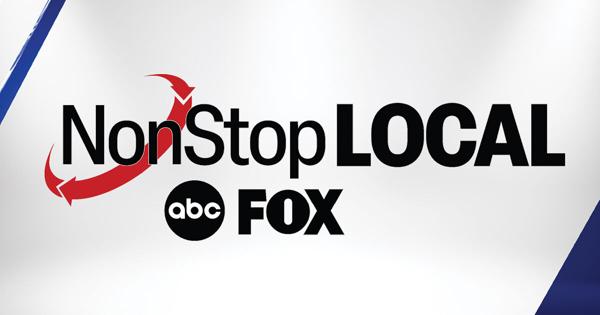BISMARCK, N.D. (AP) — Voters in North Dakota are participating in a busy Republican primary on Tuesday to determine the nominee for the state’s only U.S. House seat and the next governor. The winners of these races will have a strong advantage in the upcoming general election in November.
Also on the ballot is a significant initiative that seeks to prevent individuals from running for or serving in the U.S. House or Senate if they reach 81 years old during their term. Read more
The Republican primaries are crucial in North Dakota, a conservative state where Republicans hold a dominant position. The last time Democrats won a statewide contest was in 2012. Some legislative races this year feature only Republican candidates, and two GOP state officeholders are running unopposed.
North Dakota does not require voter registration, only an accepted ID like a driver’s license. Any eligible voter can participate in the Republican primary as long as they select that party on the ballot.
Republican Governor Doug Burgum, who is being considered by former President Donald Trump as a potential vice presidential pick, is not running for a third term. The primary for his successor features U.S. Rep. Kelly Armstrong and Lt. Gov. Tammy Miller.
In the race for the open House seat, Republican candidates include Alex Balazs, Rick Becker, Julie Fedorchak, Sharlet Mohr, and Cara Mund. Balazs has the endorsement of the state party, while Trump and Burgum have endorsed Fedorchak.
The campaign for the House seat has been characterized by negative ads in a competition to appeal to conservative voters.
The winner of the Republican primary will face the winner of the Democratic primary between Trygve Hammer and Roland Riemers.
A ballot measure proposing a congressional age cap is intended to address age-related and cognitive issues among officeholders. Some legal experts see it as an opportunity to challenge the Supreme Court’s 1995 ruling against congressional term limits.
Republican U.S. Senator Kevin Cramer, who is running for reelection unopposed in the primary, opposes the age cap measure, arguing that voters should have the freedom to choose any candidate they want.
Despite the significance of the primaries, voter turnout in North Dakota has historically been low, ranging from 17% to 27% of eligible voters from 2014 to 2022.
Copyright 2024 The Associated Press. All rights reserved. This material may not be published, broadcast, rewritten, or redistributed without permission.





